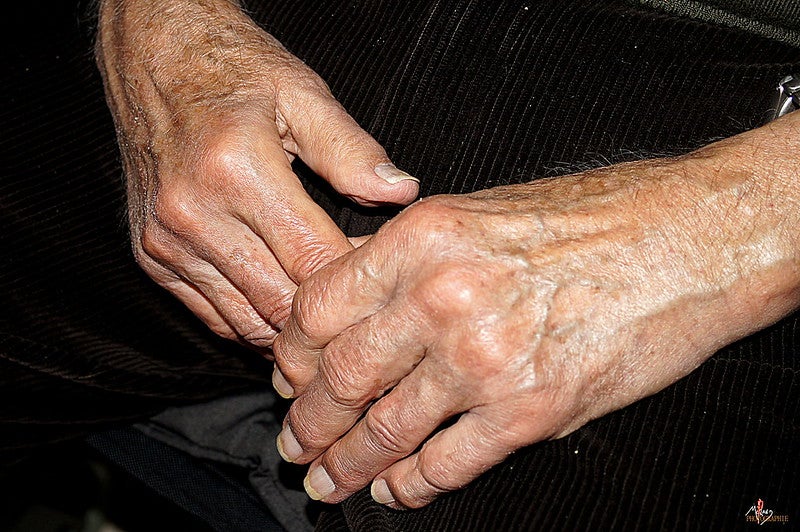
Longeveron has completed patient enrolment in its Phase IIb Aging Frailty trial designed to evaluate the safety and efficacy of Longeveron Allogeneic Mesenchymal Stem Cells (LMSCs) for the treatment of mild to moderate frailty.
The regenerative medicine product is sourced from the bone marrow of young healthy adult donors.

Discover B2B Marketing That Performs
Combine business intelligence and editorial excellence to reach engaged professionals across 36 leading media platforms.
The double-blinded, randomised, placebo-controlled study enrolled a total of 150 subjects from eight clinical trial sites. Subjects received a single peripheral intravenous infusion of LMSCs or placebo.
Longeveron president Geoff Green said: “This study is designed to determine whether the transplant of healthy donor-derived mesenchymal stem cells can restore mild to moderately frail patients to a state of more healthful ageing, thereby improving functionality and lowering their risk of disability, and dependence on others for care.”
The study’s primary objective is to evaluate the effect of LMSC treatment on exercise tolerance and endurance through the six-minute walk test (6MWT).
Gait speed, grip strength, short physical performance battery (SPPB), performance-oriented mobility assessment (POMA) fear and risk of falling are the additional endpoints.

US Tariffs are shifting - will you react or anticipate?
Don’t let policy changes catch you off guard. Stay proactive with real-time data and expert analysis.
By GlobalDataThe study will also assess the effect of LMSC treatment on depression, sexual function, cognition, and various patient-reported outcomes (PROs) and activities of daily living (ADLs), and blood-based biomarkers.
It is sponsored partially by a Small Business Innovation Research (SBIR) grant from the National Institute of Aging (NIA).
Longeveron senior scientist and principal investigator Dr Anthony Oliva said: “The biology of frailty is complex, and includes diminished stem cell activity, reduced ability to repair and regenerate tissue, and chronic systemic inflammation.
“LMSCs have multiple mechanisms of action that can potentially address all of these issues, and thus make them extremely attractive as a therapeutic candidate for the unmet medical need of Aging Frailty.”
The final results of the study are expected to become available in the first half of next year.





